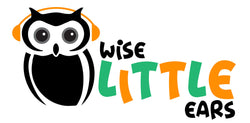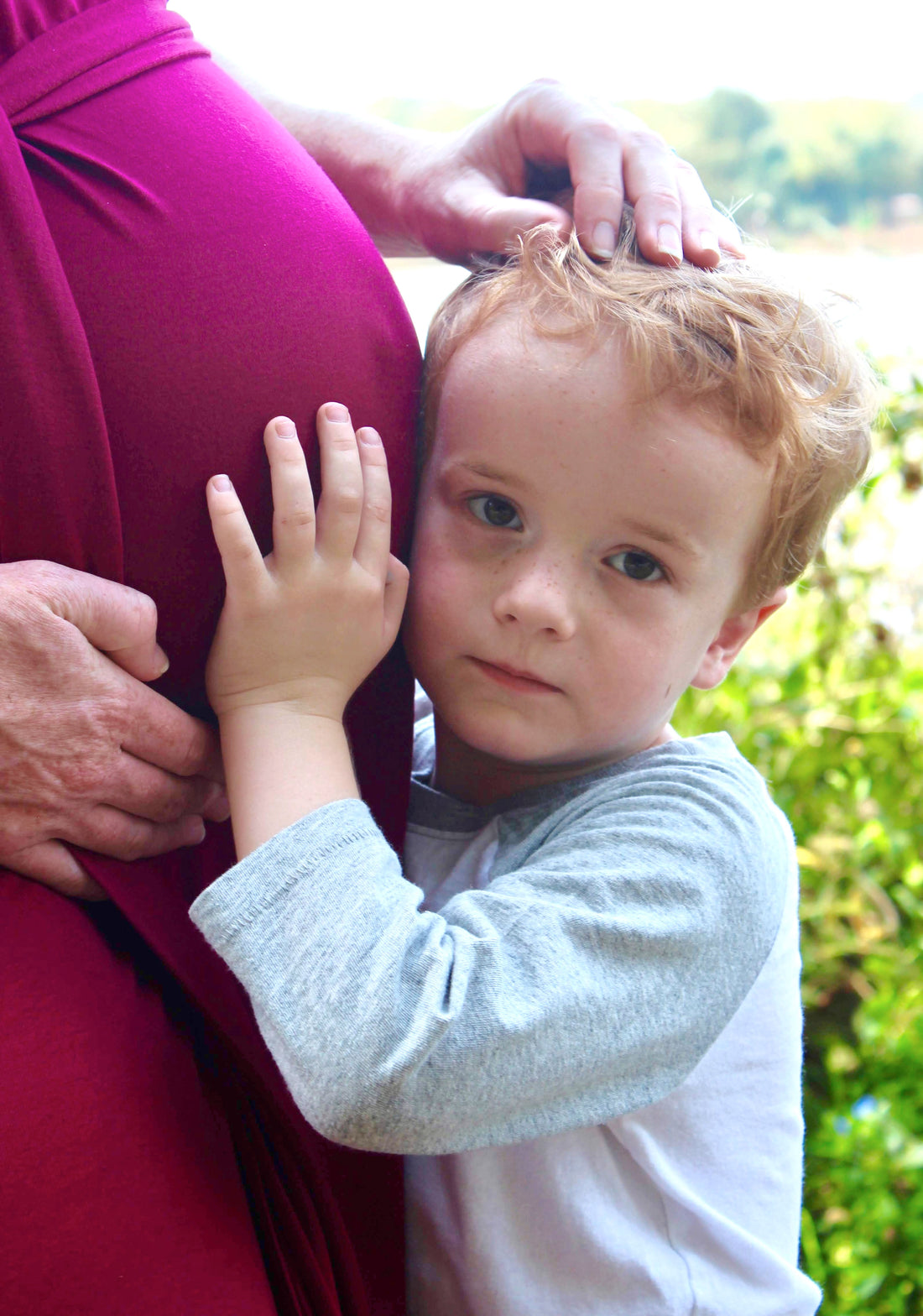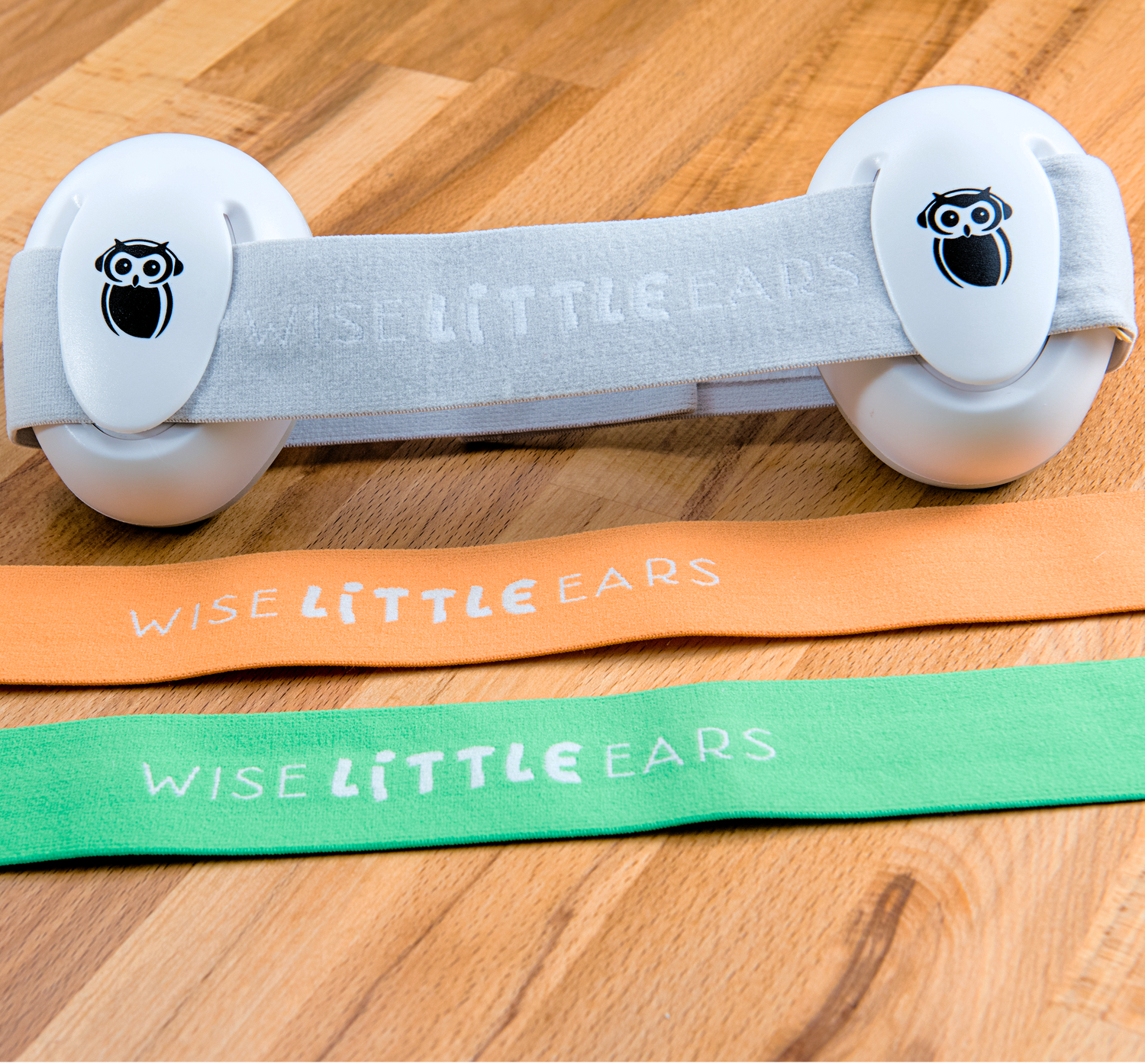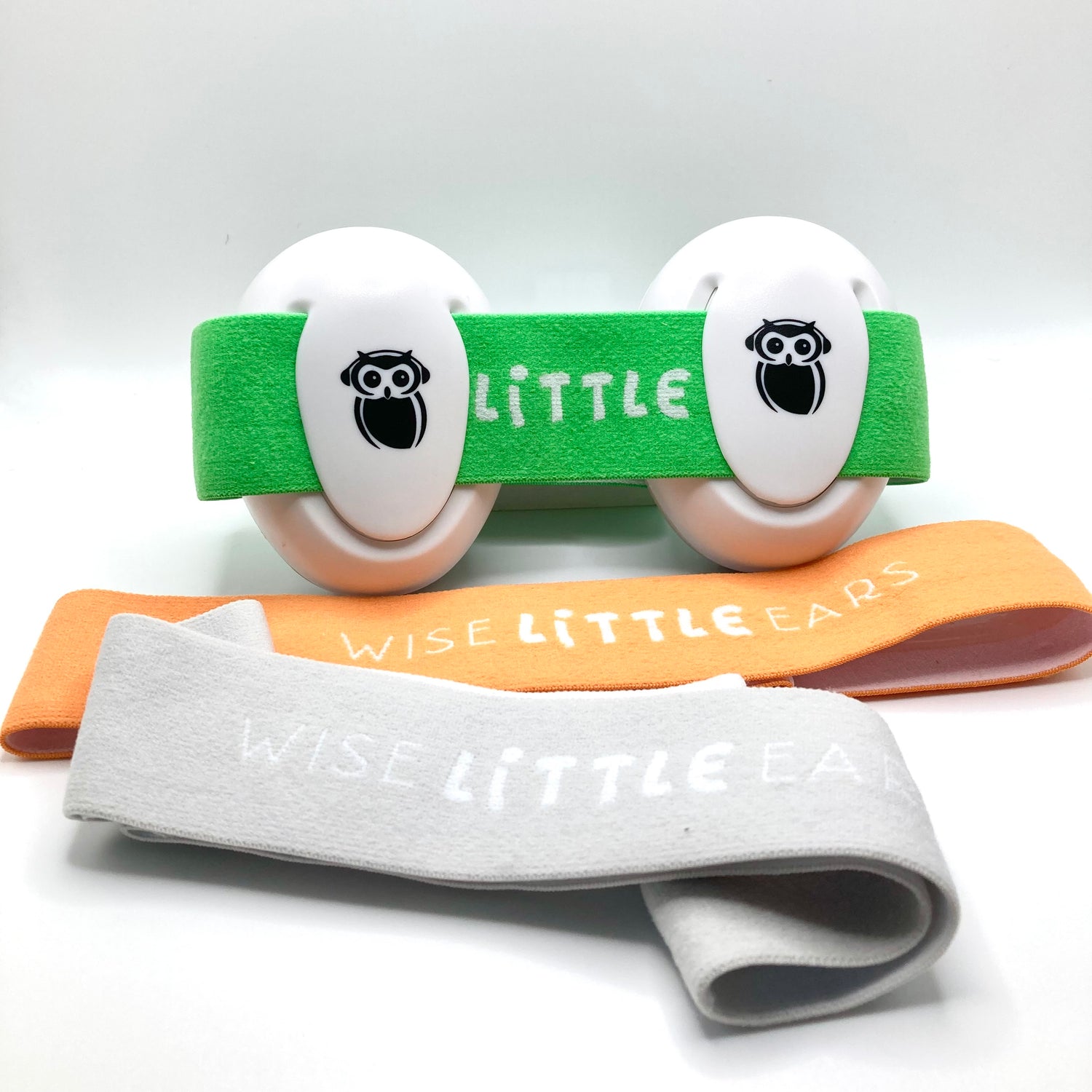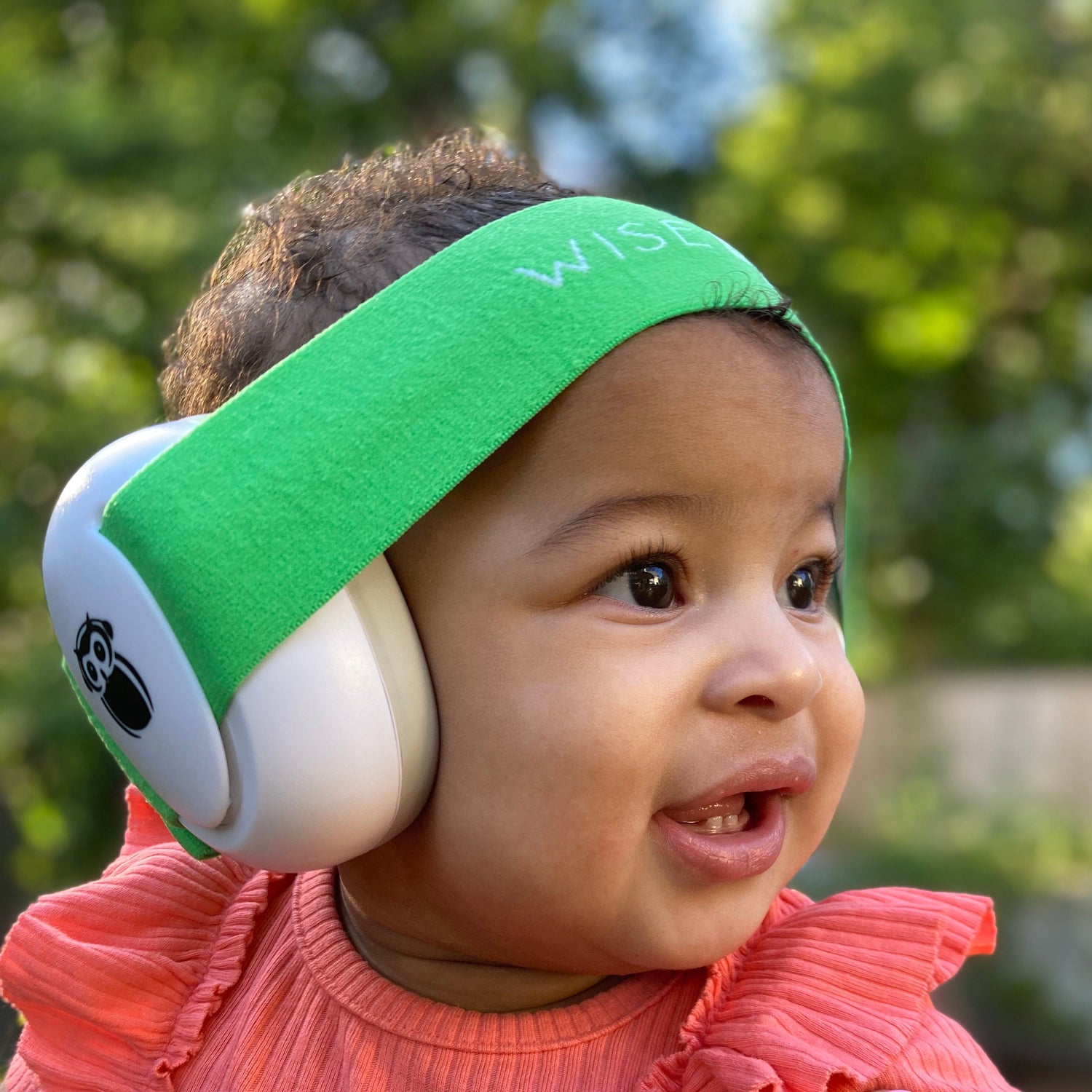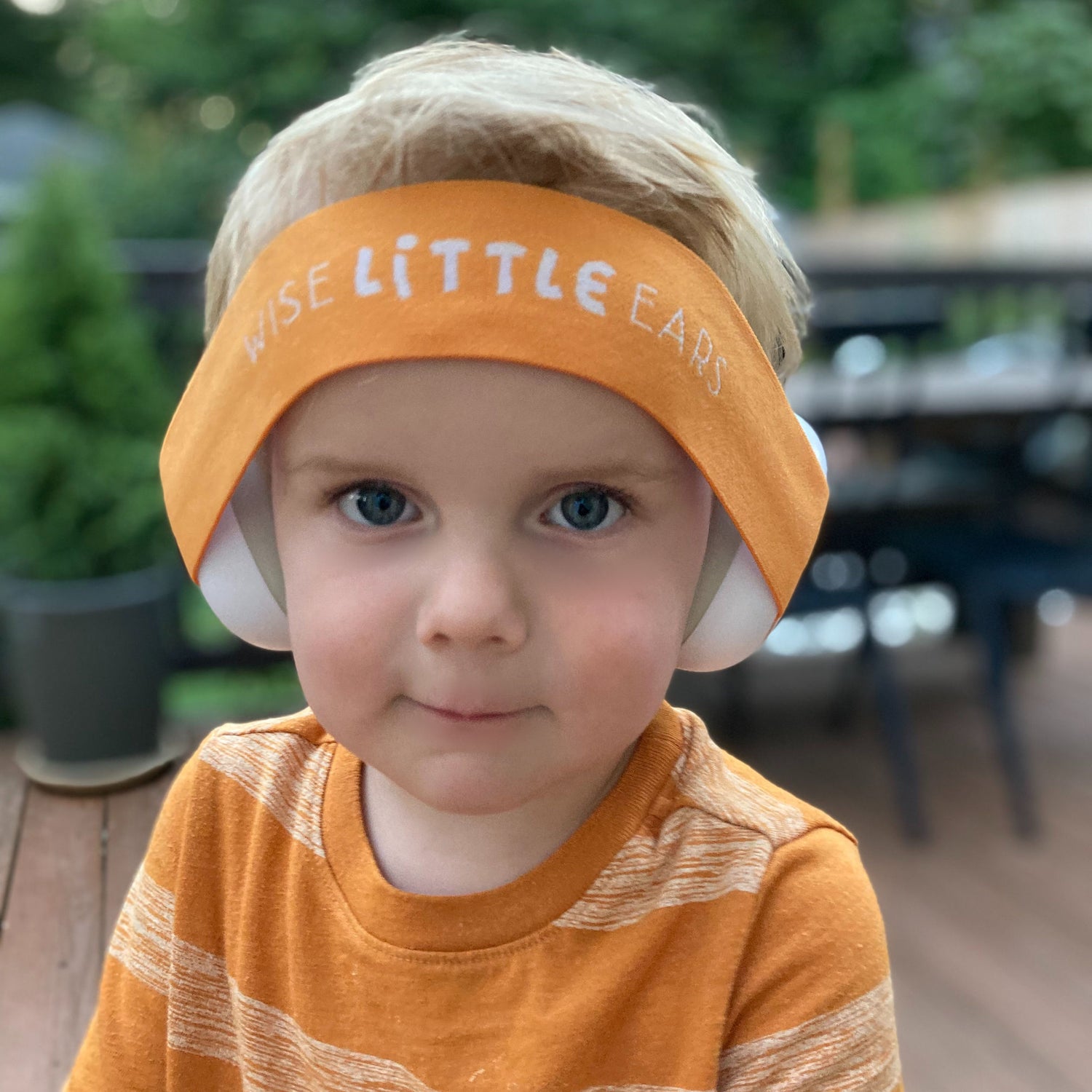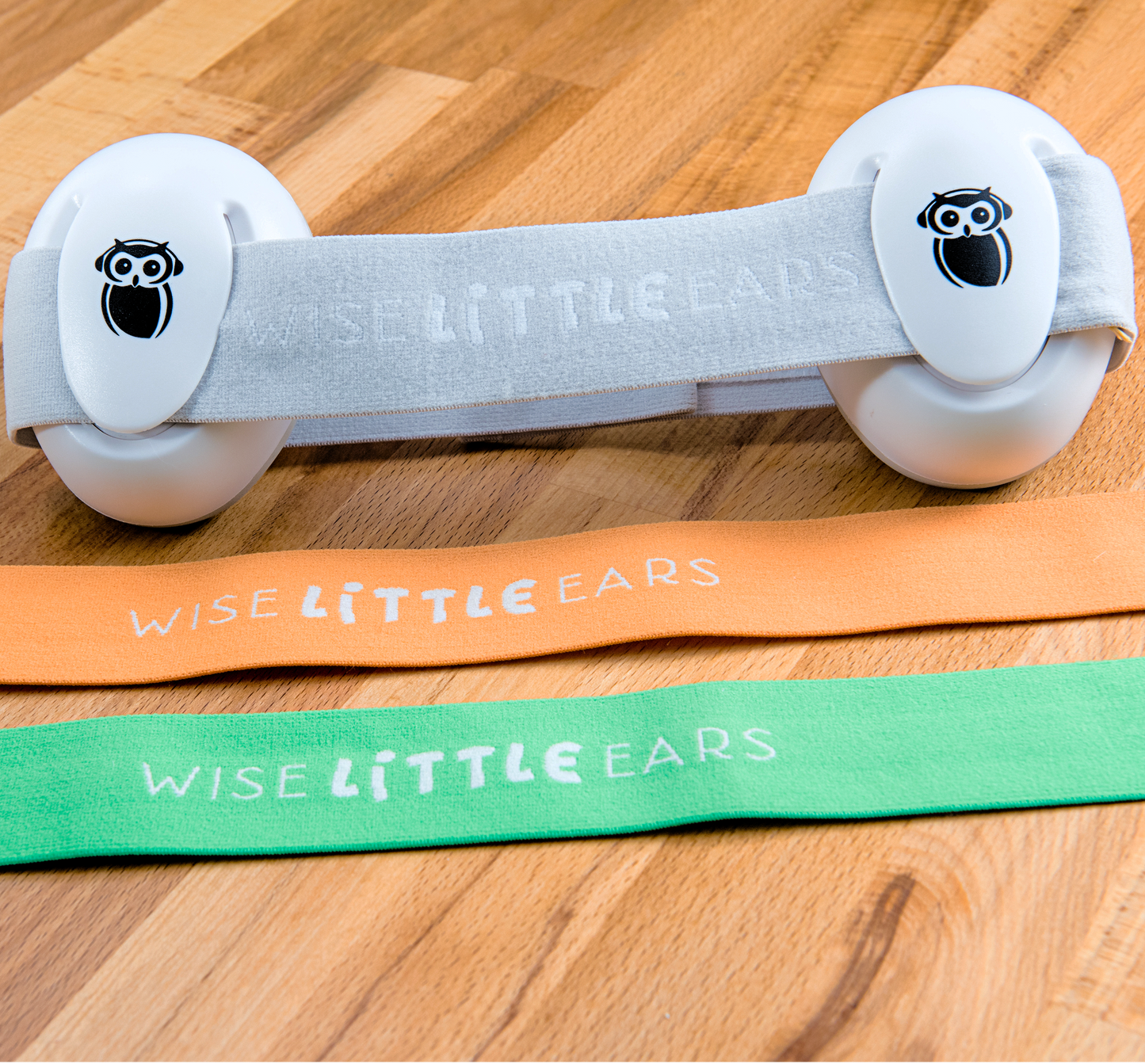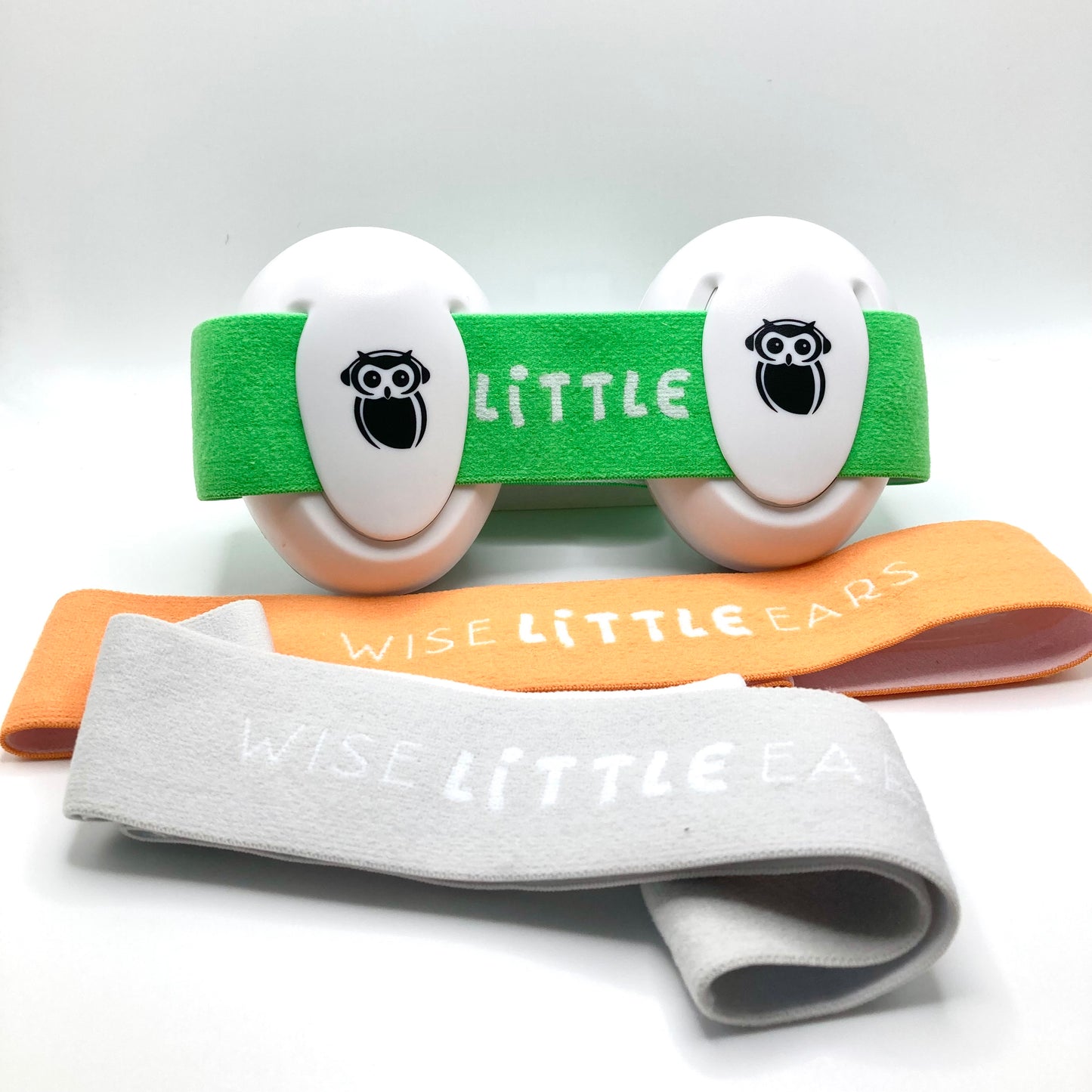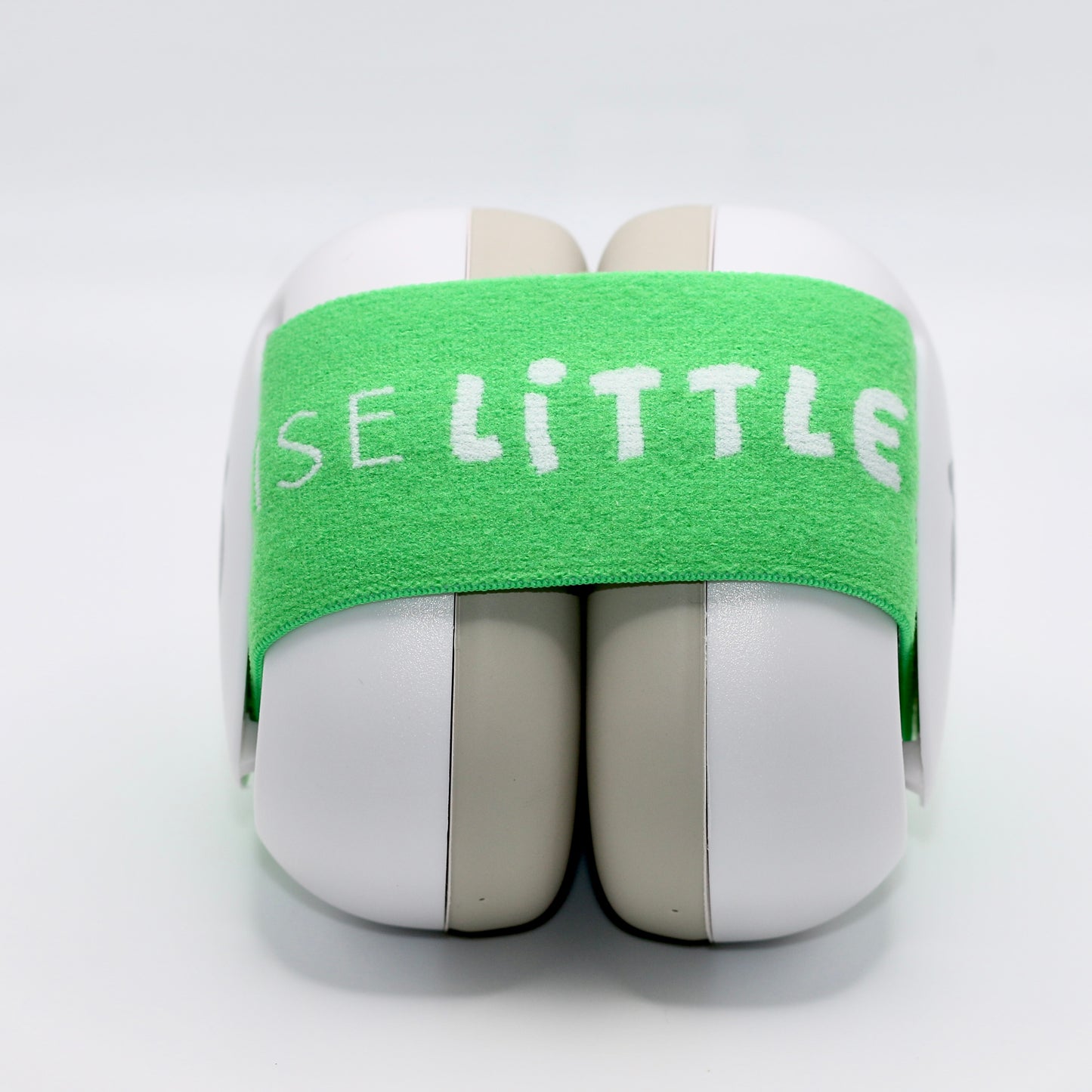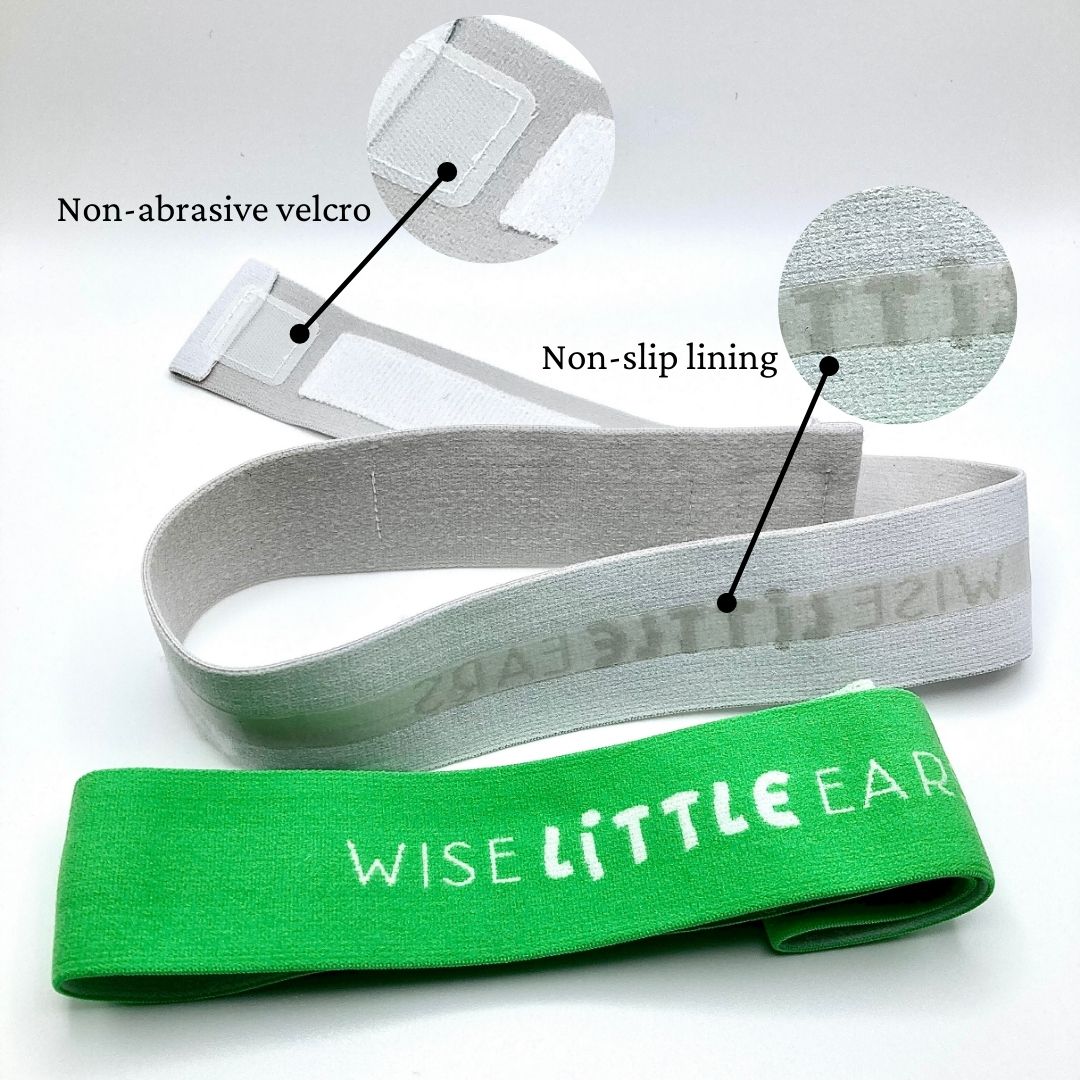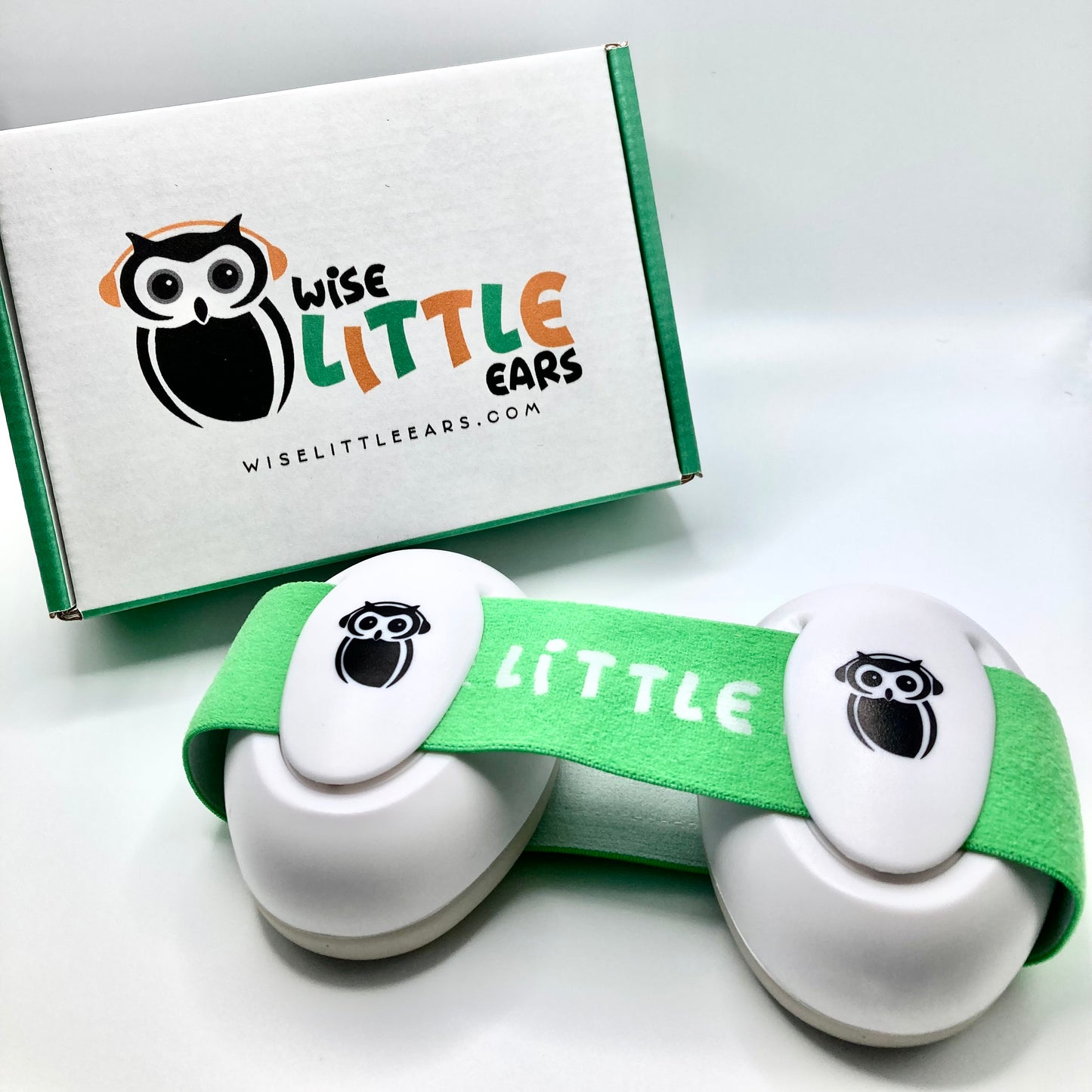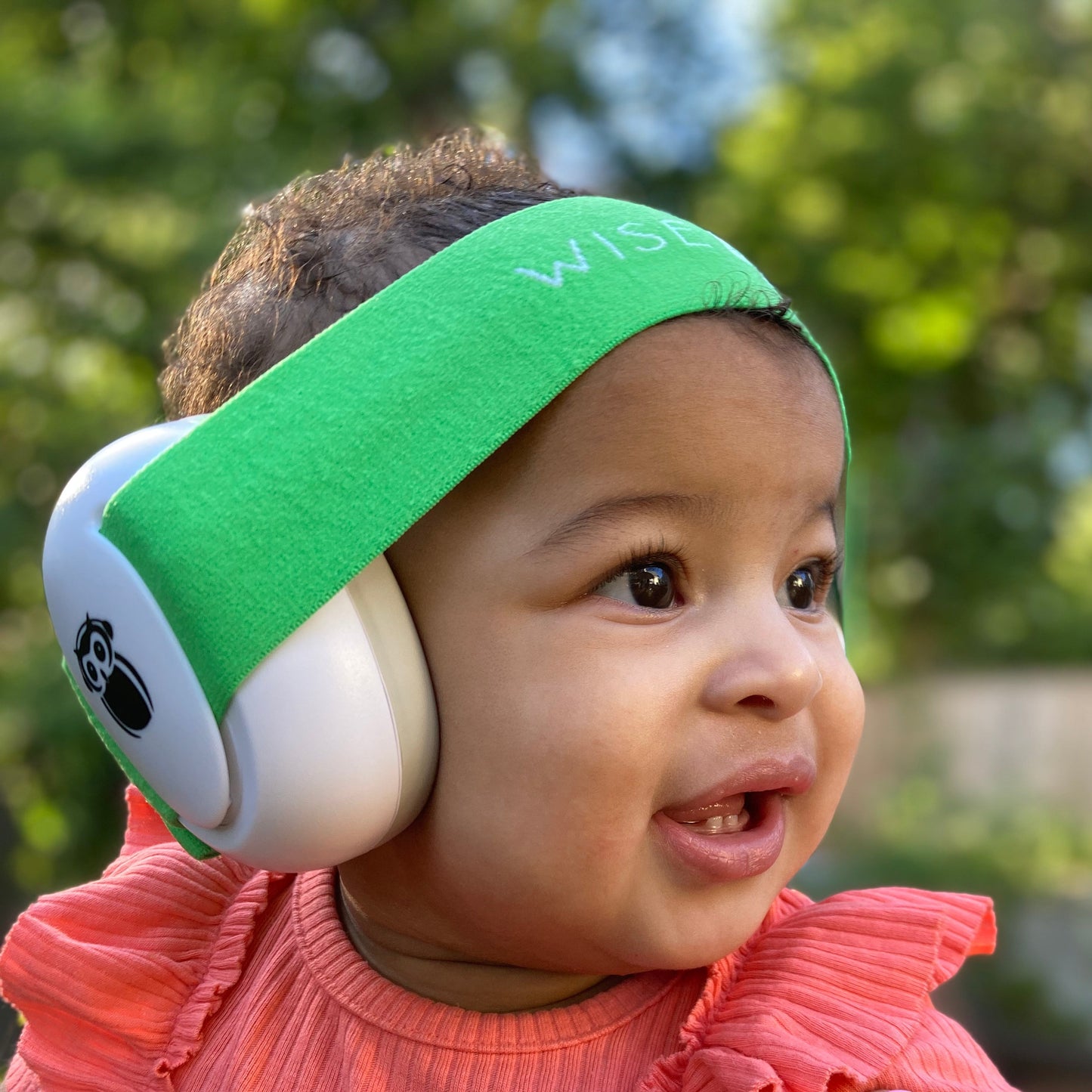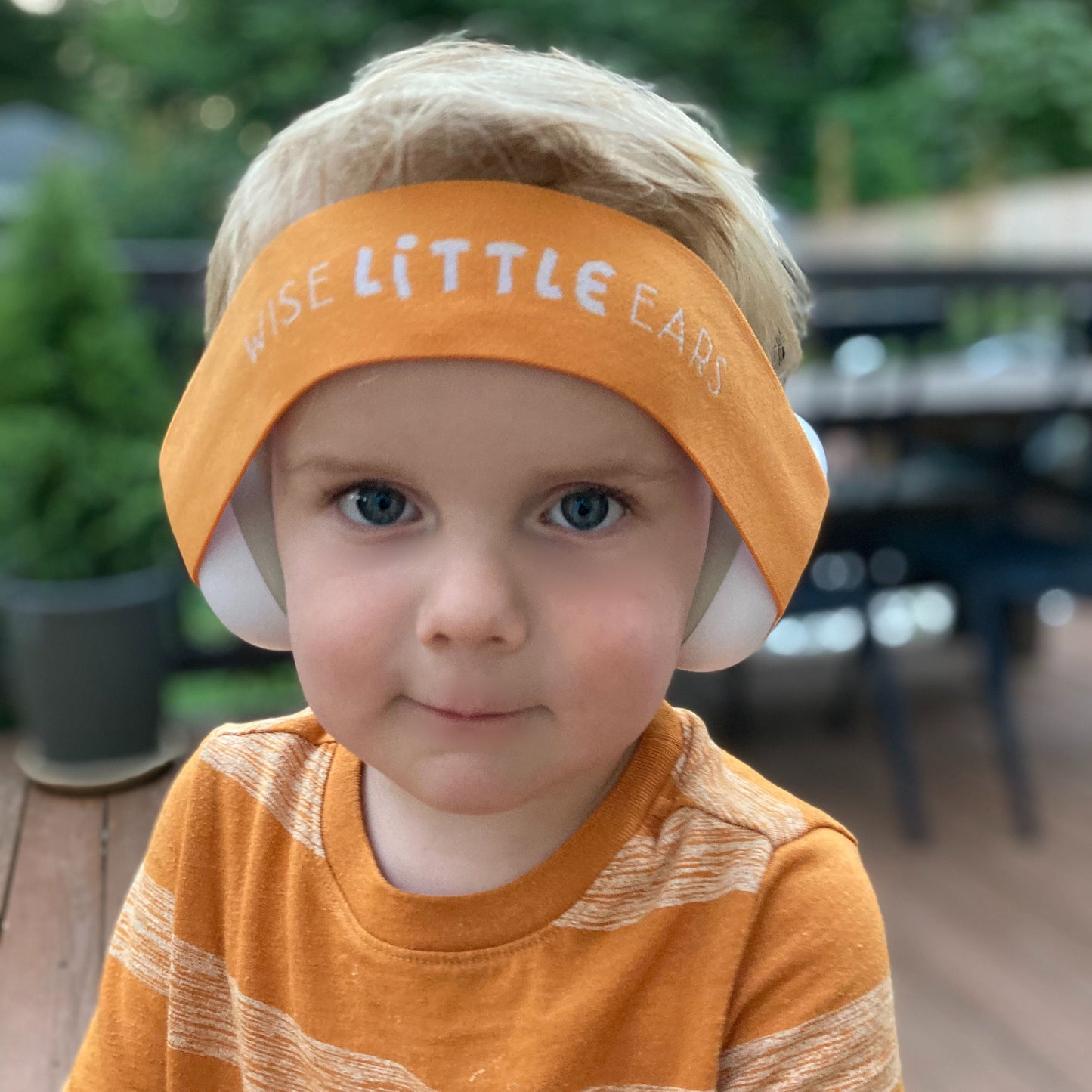Why is my child so sensitive to noise? The answer to this question depends on each individual child. However, it is quite possible that your child, like most children, are just more sensitive to environmental sounds than you are. *
Why is my child so sensitive to loud noise?
Well for starters, children’s ears are just more sensitive to noise. This is because they have narrower ear canals compared to adults, which generate more sound pressure in the ear. Greater sound pressure means that sounds, especially loud sounds, are amplified in little ears. Additionally, children are not pre-programed to expect certain environmental noises in the same way that adults are, and the element of surprise often compounds the discomfort of noise. Consider an idling semitruck. Adults know what to expect and can prepare their senses for the loud hiss of pressurizing breaks, the rumbling engine and the horn. Young children on the other hand, don’t know what to expect and can be frightened by sudden, loud noises. Naturally, their responses can be both physical (covering their ears, running away from the noise or even adding to the noise) and emotional (crying, hiding or clinging to a parent). These responses can seem disproportionate to parents, whose hearing is not as sensitive and who aren’t susceptible to the element of surprise. This can lead parents to worry that their child’s response is abnormal. However, in many cases, these reactions are instinctual; they are your child's natural defenses protecting their hearing and physical safety.
What can I do to make loud noises safer and more comfortable for my child?
Alleviate the element of surprise. If you see flashing lights in your mirror, tell your child what to expect and how to react. “There is an emergency vehicle behind us. It may turn on loud sirens to tell cars to move out of the way. That sound will get louder as it gets closer to us. You can cover your ears so that the sound is not as loud.” If your child is fearful of automatic hand driers and flushing mechanisms in public restrooms, help them know what to expect. “I am going to dry my hands now. Step away and cover your ears so that it is not so loud.” For children who are especially afraid of using public toilets because of the automatic flush, place a piece of toilet paper over the motion sensor to assure them that that toilet won’t flush until they are ready.
Provide your child with hearing protection in situations when you know there will be loud noises, such as sporting events, concerts and fireworks displays. Download this helpful chart to know when sound exposure could permanently damage your child’s hearing. Model steps to protect your own hearing. Be sure to normalize hearing protection by wearing adult hearing protection when using loud tools, machinery or at noisy events. Teach your child that the act of covering their ears is acceptable! How many times, as an adult, have you resisted the urge to cover your ears as a fire engine or freight train passes? Don’t! Cover your ears and show your children that listening to your body is OK… and protect your own hearing while you’re at it. Although a baby (who has hearing within the normal range) is born with fully functioning hearing, hearing continues to develop throughout childhood. As children grow and mature, their ears change and they gain context for the sounds around them. As this happens, their reactions to noise will more closely resemble that of an adult. In the meantime, you as a parent or caregiver, are the best protection for your child’s hearing safety and well-being.
For more information on protecting your child from noise induced hearing loss, visit our course page.
Happy hearing!
Lara and Mabel | Wise Little Ears
*If you suspect your child has a sensory disorder, consult with your pediatrician.
